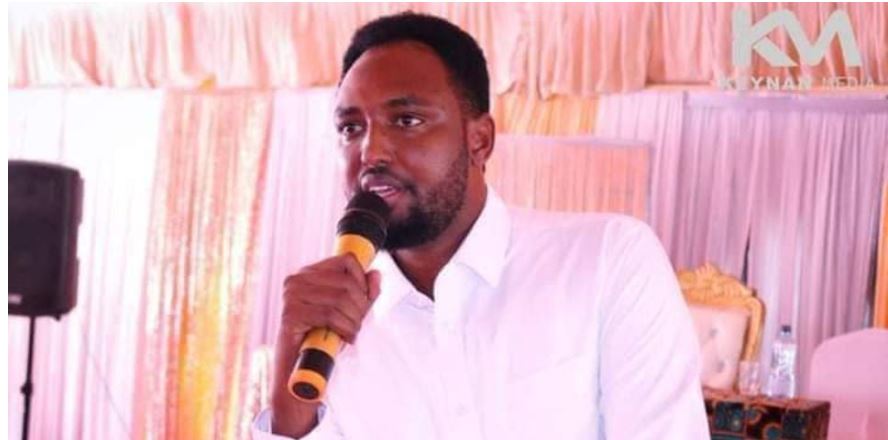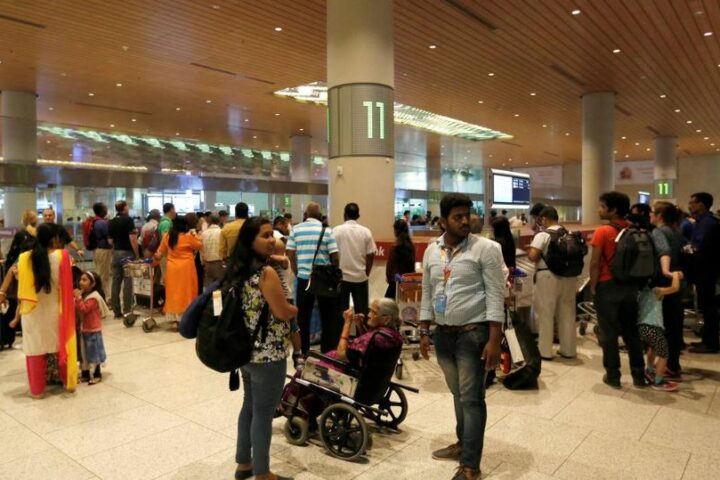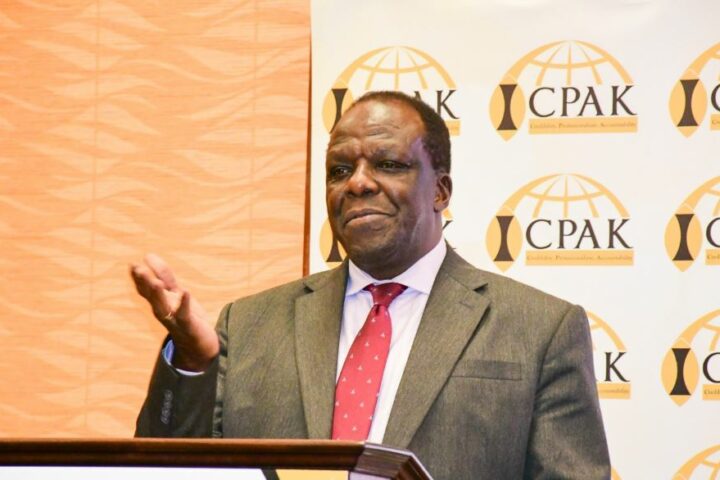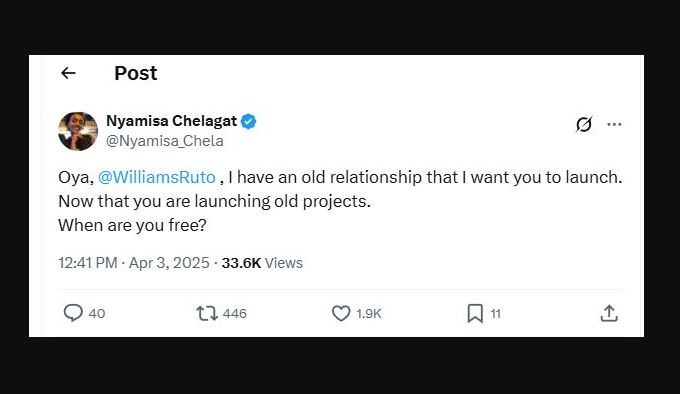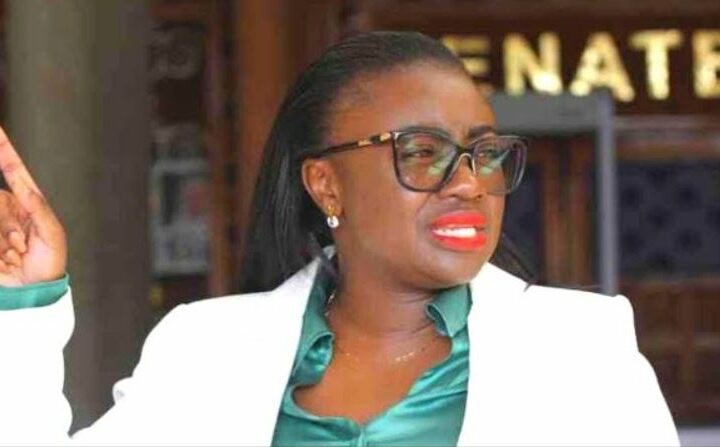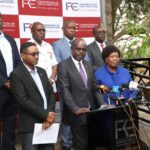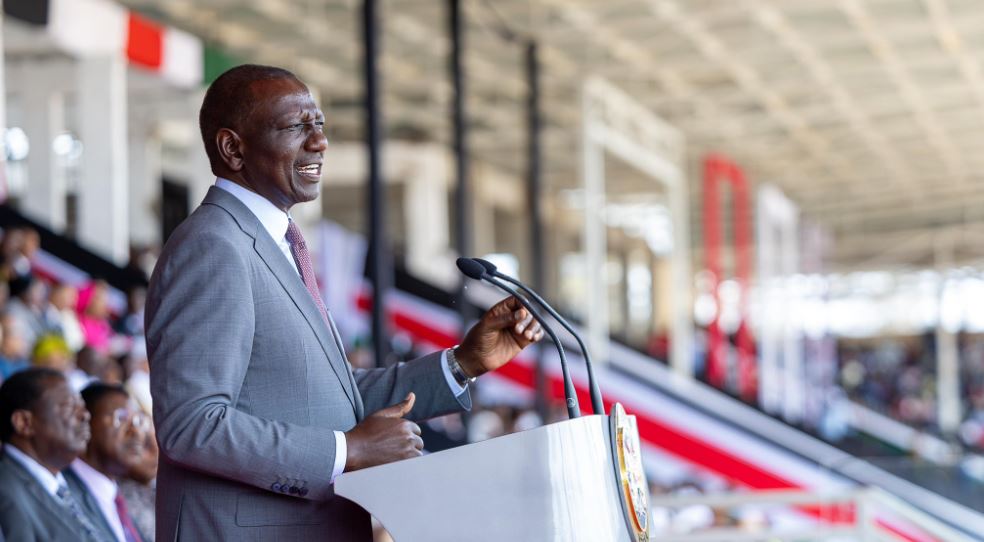 President William Ruto announced his administration’s ambitious goal to deliver at least 200,000 housing units annually to address the growing demand for housing across the country.
President William Ruto announced his administration’s ambitious goal to deliver at least 200,000 housing units annually to address the growing demand for housing across the country.
During the 61st Mashujaa Day celebrations in Kwale County, he highlighted that the government plans to complete 124,000 housing units across 75 sites in 37 counties through the Affordable Housing Programme.
“These projects include homes for military, police, and correctional services personnel, as well as student accommodation and private-sector developments,” President Ruto stated, emphasizing the comprehensive nature of the initiative.
Addressing Housing Deficits and Creating Jobs
According to the president, the housing program aims not only to tackle the country’s housing deficit but also to foster sustainable communities while creating job opportunities for youth and women.
“The program’s benefits extend beyond housing. So far, the Affordable Housing Programme has created over 160,000 jobs throughout the housing value chain. While the industry remains predominantly male, we are working to increase female participation to 30%, up from the current 20%,” he added, underlining the initiative’s broader societal impact.
By the end of this year, the State Department for Housing and Urban Development plans to hand over 1,080 new studio units at the Mukuru Meteorological Site in Nairobi. The mortgages for these units will be priced at Ksh 3,200 per month, making them accessible to a wider range of Kenyans.
Local Impact in Kwale County
In Kwale County, where the celebrations took place, the government has already created 200 jobs through the ongoing Matuga Affordable Housing Project. Additional employment opportunities are expected from the Diani White House Project, which is also under construction.
“We have donated 50 acres of land for the affordable housing program. We thank you, Mr. President, for starting the first site in Kwale, which is set to be completed by December 2025. The entire program has generated employment opportunities for our people, and the juakali sector is thriving,” said Fatuma Achani, the Governor of Kwale.
Additionally, the Boma Yangu portal, designed to facilitate the uptake of affordable housing units, has registered 547,000 users so far. Among these users, 52,000 have saved a total of Ksh 2.3 billion, showcasing a growing interest in the housing initiative.
Supporting the Manufacturing Sector
To bolster the manufacturing sector under the Affordable Housing Programme (AHP), the government has allocated Ksh 4.4 billion to pay Micro, Small, and Medium Enterprises (MSMEs) that supply essential goods such as windows, doors, and cabinet fittings from local juakali artisans.
During the celebrations, the Soweto Highrise Fabricators and Woodworkers Association in Kibera, Nairobi County, signed a Ksh 720 million contract to supply various items for the housing program. This partnership exemplifies the government’s commitment to empowering local businesses and artisans.
Investing in the Blue Economy
President Ruto also committed to enhancing investments that support the blue economy, aiming to increase its GDP contribution from Ksh 20 billion to Ksh 80 billion within five years. This ambitious goal will involve a Ksh 2.7 billion investment in constructing fish landing sites and markets equipped with cold chain storage facilities across the country, with Ksh 1.2 billion specifically allocated for the coastal region.
“Additionally, we are releasing Ksh 1.7 billion in grants to support 612 fishing cooperatives and groups in the region. The Shimoni Port, Kenya’s first dedicated fish port, is now 82% complete. Once finished, it will enhance the fishing industry by increasing handling capacity by 50,000 metric tons of fish annually, promoting value addition for both domestic and export markets,” the president stated.
Promoting Aquaculture and Mariculture
The government has also earmarked an additional Ksh 2.4 billion to promote and enhance aquaculture and mariculture in the country. Of this amount, the coastal region will receive Ksh 1.4 billion for the development of the National Mariculture Resource and Training Centre (NAMARET) in Shimoni, Kwale County.
The centre will act as a catalyst for productive and profitable mariculture, functioning as a marine fish seed breeding and multiplication facility. It will facilitate research and innovation in mariculture while offering training for fish farmers and students.
Transitioning Fisherfolk to Sustainable Practices
Furthermore, President Ruto revealed plans to increase fish production and facilitate the transition of fisherfolk to deep-water and Exclusive Economic Zone (EEZ) fishing. The government will procure and distribute 123 fishing boats to local communities and acquire deep-sea fishing vessels for offshore fishing at a cost of Ksh 600 million. These initiatives underscore the government’s commitment to sustainable fishing practices and economic empowerment for coastal communities.
Through these multifaceted programs, President Ruto’s administration aims to enhance housing availability, support local economies, and promote sustainable development across Kenya.

